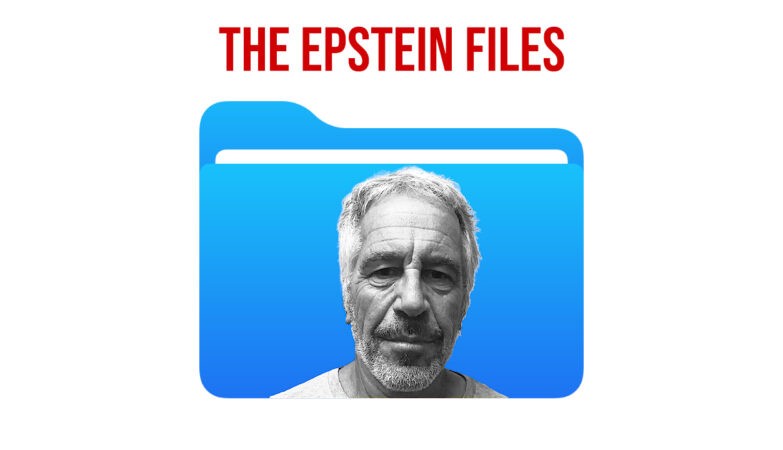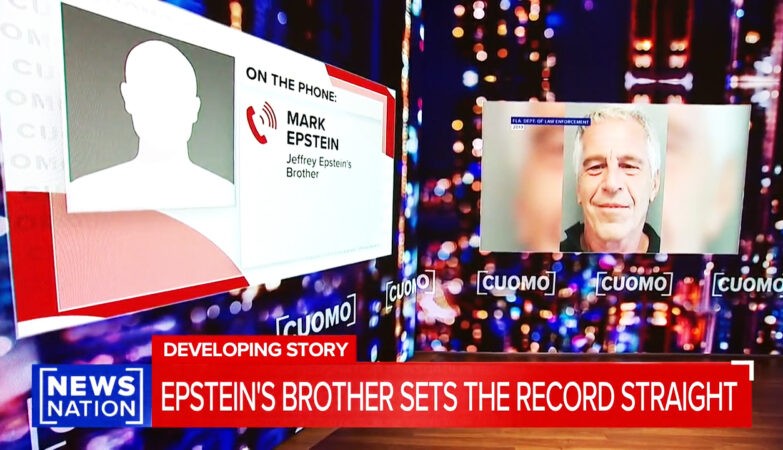A major component of President Joe Biden’s plan to raise revenue to pay for his trillions of dollars in new federal spending is now under fire from trade associations across the country.
The Biden administration is actively pushing Congress to require banks to report to the Internal Revenue Service on the account activity of a huge swath of Americans. This unwarranted snooping would be an invasion of privacy, and lawmakers should make sure it doesn’t happen.
Treasury Secretary Janet Yellen and the IRS have asked Congress to mandate banks send along annual inflows and outflows from accounts with at least $600 or $600 worth of transactions. That’s a low bar that would expose the majority of bank accounts to additional scrutiny.
The administration claims this would allow the IRS to conduct audits more efficiently.
In reality, it’s all about the federal government trying to squeeze Americans for additional tax dollars in an effort to fund Democrats’ $3.5 trillion budget wish list. Or as Yellen phrased it in a letter to Congress, the government has “a shortage of necessary funds for key national priorities.” Biden officials estimate this could bring in upwards of $400 billion over a decade.
This is a sleazy way to go about it, and it offends Fourth Amendment protections against unreasonable search and seizure. Taking all these records and sifting through them for possible audits is an incredible overreach and an unprecedented invasion of the privacy of untold millions of Americans.
It’s also none of the federal government’s business.
Business and banking groups are pushing back hard, as are some state legislatures.
The Small Business Association of Michigan and the Michigan Bankers Association are among them. The proposal would be cumbersome for financial institutions to implement, and they have raised concerns about how this could put the financial information of consumers at risk.
Rann Paynter, president and CEO of the Michigan Bankers Association, says the plan would hamper both financial institutions and consumers.
“It’s certainly a burden to the holders of those accounts, and an invasion of privacy to Americans for that type of information to be shared with the IRS,” he says. “It’s a lot of information to provide to the government that is not necessary.”
Paynter notes that if the IRS is concerned about some individuals or businesses avoiding their share of taxes, the agency already has the tools it needs to investigate.
The pushback has caused House Democrats to put aside the proposal for now — at least in its existing form. They are still considering a version that would impact fewer people.
U.S. Rep. Dan Kildee, D-Flint, has noted the concern over the negative impact this could have on low-income Americans, whom Democrats purport to want to help. Yet Kildee, who is on the Ways and Means Committee, also said the issue isn’t “completely gone,” according to the Wall Street Journal.
In a sharp pushback against the proposal, more than 40 trade associations, some of which represent entire industries or economic sectors, signed a letter to U.S. House Speaker Nancy Pelosi, D-Calif., and Minority Leader Kevin McCarthy, R-Calif., raising the alarm about the plan.
The letter, which includes the support of several banking coalitions, calls on Congress to reject that requirement, saying it violates customer privacy and would create an incredibly expensive and elaborate reporting requirement for the banks.
“While the stated goal of this vast data collection is to uncover tax dodging by the wealthy, this proposal is not remotely targeted to that purpose or that population,” the letter said. “In addition to the significant privacy concerns, it would create tremendous liability for all affected parties by requiring the collection of financial information for nearly every American without proper explanation of how the IRS will store, protect, and use this enormous trove of personal financial information. We believe that this program is costly for all parties, not fit for purpose, and loaded with potential for unintended and serious negative consequences.”
The groups argue it would target “almost every American” and question whether the IRS could keep that information secure from hackers and bad actors.
“The undersigned associations representing a cross-section of financial and business interests write to express our strong opposition to a proposal under consideration as part of the reconciliation package that would establish an expansive new tax information reporting regime that would directly impact almost every American and small business with an account at a financial institution,” the letter said. “This proposal would create significant operational and reputational challenges for financial institutions, increase tax preparation costs for individuals and small businesses, and create serious financial privacy concerns. We urge members to oppose any efforts to advance this ill-advised new reporting regime.”
Some reports indicate that Democrats hope to raise the $600 threshold, but that has not yet materialized.
Biden proposed giving an extra $80 billion to the IRS earlier this year for auditing, saying the agency would more than make back those funds. House Democrats’ have so far indicated they plan to fulfill that request.
“There’s a 99 percent compliance rate on wages – because wage earners get their earnings reported to the IRS,” a fact sheet says that was handed out by the White House to lawmakers to sell them on the plan. “But the super wealthy who get their income from unreported sources are able to hide their income and avoid paying the tax they owe. In fact, each year the top 1 percent chooses not to pay more than $160 billion in taxes.”
Republicans on the House Ways and Means Committee have scheduled a virtual roundtable Wednesday entitled, “Weaponization of the IRS: A Sordid History and the Need for Taxpayer Protections” to discuss these concerns.
“The meeting will highlight the efforts of congressional Democrats to nearly double the size of the IRS with a massive funding increase while doing nothing to address the weaponization of the IRS, including the massive, criminal leak of taxpayer information to ProPublica in June of this year,” Texas Republican Rep. Kevin Brady’s office said.
This isn’t the only business community criticism to be levied at the $3.5 trillion bill in recent days.
The U.S. Chamber of Commerce officially condemned the bill this week, calling it an “existential threat” to the economy.
“This reconciliation bill is effectively 100 bills in one representing every big government idea that’s never been able to pass in Congress,” U.S. Chamber of Commerce President and CEO Suzanne Clark said. “The bill is an existential threat to America’s fragile economic recovery and future prosperity. We will not find durable or practical solutions in one massive bill that is equivalent to more than twice the combined budgets of all 50 states. The success of the bipartisan infrastructure negotiations provides a much better model for how Congress should proceed in addressing America’s problems.”
Given the invasiveness of the proposal, it needs to go away. Congress should ignore the demands of the Biden administration and make sure this extraordinary approach to tracking of the bank accounts of average Americans never happens.
- https://www.detroitnews.com/story/opinion/editorials/2021/09/26/editorial-dont-let-irs-spy-our-bank-accounts/5832855001/
- https://www.thecentersquare.com/national/irs-would-track-all-bank-transactions-over-600-under-biden-plan-businesses-revolt/article_28a36208-1d6e-11ec-be2a-ab135e750df2.html
- Pam Bondi and Kash Patel Are Protecting Elite Pedophiles - February 12, 2026
- Why the Dead Internet Theory Is True - February 11, 2026
- Why Republicans Will Lose the 2026 Midterms - February 8, 2026






















